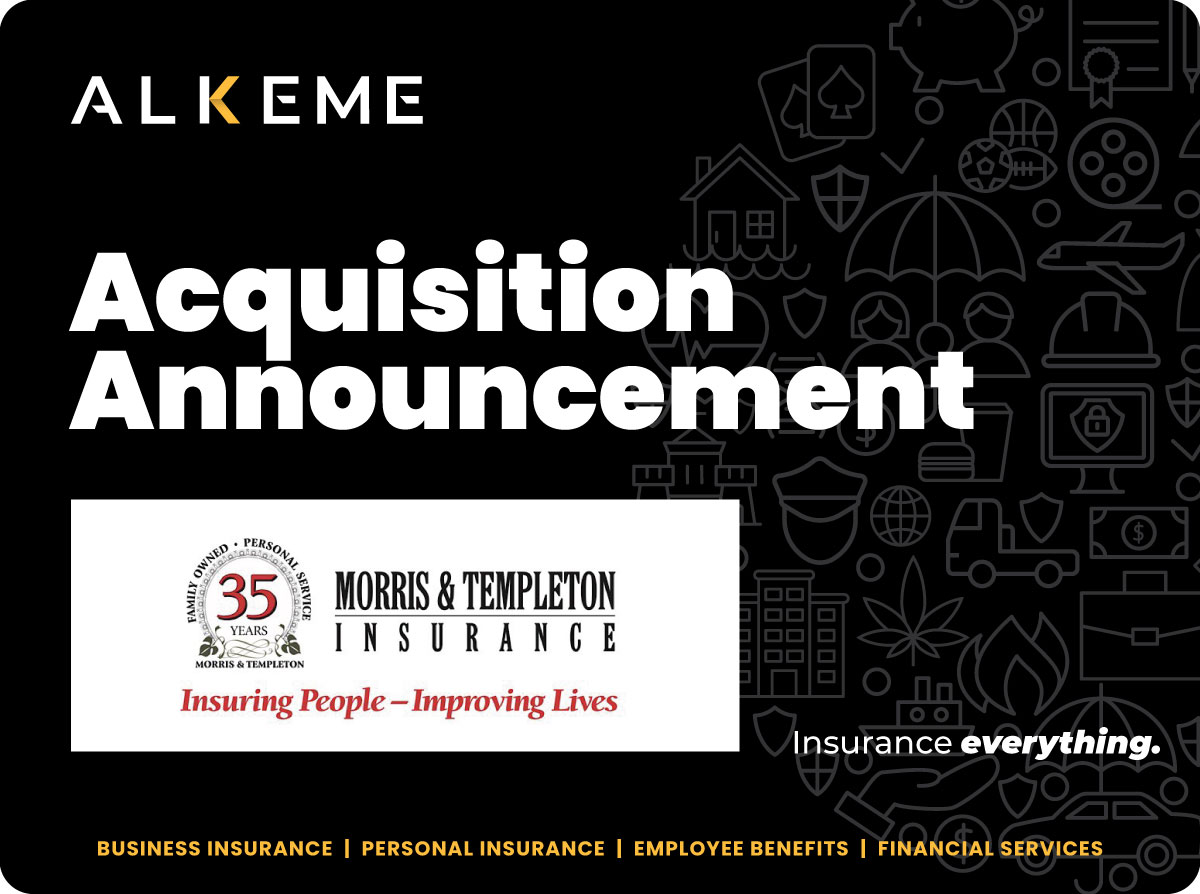The insurance industry is a difficult place to navigate. On top of that, each business faces its own challenges in finding the right coverage. Here are some of the most common challenges property managers face in the insurance landscape:
-
Finding Adequate Coverage:
- Property Variability: Property managers often oversee a diverse portfolio of properties, including residential, commercial, and mixed-use buildings. Each property may have unique characteristics, such as age, construction type, location, and occupancy, which can affect insurance needs. Finding insurance coverage that adequately addresses the specific risks associated with each property can be challenging.
- Coverage Exclusions: Insurance policies may have exclusions or limitations that property managers need to be aware of, such as exclusions for certain types of perils (e.g., floods, earthquakes) or limitations on coverage amounts for certain types of claims (e.g., mold, asbestos). Understanding these exclusions and their implications is crucial for ensuring comprehensive coverage.
- Cost Considerations: While it’s essential to have sufficient insurance coverage, property managers must also consider the cost of insurance premiums and deductibles. Balancing the need for adequate coverage with affordability is a constant challenge, particularly for small or medium-sized property management firms operating on tight budgets.
-
Tenant Liability Issues:
- Slip-and-Fall Accidents: Slip-and-fall accidents are a common source of liability claims in property management. Property managers must implement proper maintenance and safety measures to minimize the risk of accidents and injuries on their properties.
- Property Damage by Tenants: Tenants may cause damage to rental properties, either accidentally or intentionally. Property managers need to address these issues promptly, document the damage, and pursue reimbursement through tenant security deposits or insurance claims if necessary.
- Discrimination and Harassment Claims: Property managers may face allegations of discrimination or harassment from tenants or employees, which can lead to costly legal disputes and reputational damage. Implementing fair housing policies, providing training to staff, and maintaining thorough documentation can help mitigate these risks.
-
High Insurance Costs:
- Risk Assessment: Insurance premiums are typically based on the perceived risk associated with the insured properties and the property management company. Factors such as the property’s location, occupancy type, claims history, and risk management practices can all influence insurance costs. Property managers must accurately assess and manage these risks to control insurance premiums.
- Shopping Around: Property managers may need to shop around and compare insurance quotes from multiple carriers to find the most competitive rates. Working with an experienced insurance broker who specializes in the property management industry can help property managers identify cost-effective insurance options.
- Loss Prevention Measures: Implementing loss prevention measures, such as installing security systems, fire alarms, and sprinkler systems, can help reduce the frequency and severity of insurance claims, potentially leading to lower insurance premiums over time.
-
Navigating Insurance Claims:
- Documentation: Proper documentation is essential when filing insurance claims for property damage, liability incidents, or other covered losses. Property managers must document the details of the incident, including photographs, witness statements, police reports (if applicable), and communication with tenants or contractors.
- Communication: Effective communication with insurance carriers, adjusters, tenants, and contractors is critical during the claims process. Property managers must provide timely and accurate information to facilitate claims handling and ensure that repairs or settlements are resolved efficiently.
- Claims Management: Property managers must oversee the entire claims management process, from initial notification of the claim to final resolution. This includes coordinating repairs, obtaining estimates, negotiating settlements, and ensuring that any insurance proceeds are used appropriately to restore the property to its pre-loss condition.
-
Evolving Risk Landscape:
- Cyber Threats: With the increasing reliance on technology in property management operations, cyber threats such as data breaches, ransomware attacks, and phishing scams pose a growing risk to property managers. Property managers must implement cybersecurity measures and consider purchasing cyber liability insurance to protect against these risks.
- Environmental Liabilities: Property managers may face environmental liabilities related to pollution, contamination, or hazardous materials on their properties. This includes issues such as mold infestations, asbestos exposure, and groundwater contamination. Property managers must conduct thorough environmental assessments and take appropriate remediation measures to mitigate these risks.
- Climate Change Risks: Climate change can increase the frequency and severity of extreme weather events, such as hurricanes, wildfires, and floods, which can damage properties and disrupt operations. Property managers must assess their properties’ vulnerability to climate-related risks and implement resilience measures to mitigate potential impacts.
-
Tenant Insurance Requirements:
- Verification: Property managers may be required by property owners or landlords to verify that tenants have renters insurance coverage as a condition of the lease agreement. Ensuring compliance with these requirements can be challenging, particularly in large multifamily properties with numerous tenants.
- Enforcement: Property managers must enforce tenant insurance requirements and address any non-compliance issues promptly. This may involve educating tenants about the importance of renters insurance, providing resources for obtaining coverage, and following up to ensure that tenants maintain adequate insurance throughout the lease term.
-
Regulatory Compliance:
- Licensing Requirements: Property managers must comply with licensing requirements imposed by state or local regulatory agencies to operate legally. This may include obtaining a property management license, maintaining appropriate insurance coverage, and adhering to professional standards of conduct.
- Insurance Disclosure Obligations: Property managers may be required to disclose certain insurance-related information to tenants or property owners, such as the existence of liability insurance coverage, limits of liability, and any exclusions or limitations in the insurance policy.
- Tenant Insurance Regulations: Some jurisdictions have specific regulations governing tenant insurance requirements, such as minimum coverage limits or prohibited exclusions. Property managers must stay informed about these regulations and ensure compliance to avoid potential legal liabilities.
Addressing these insurance challenges requires proactive risk management strategies, effective communication with insurance providers, and a thorough understanding of the insurance needs specific to the property management industry. Property managers may benefit from working with experienced insurance professionals who can provide guidance and tailored insurance solutions to meet their needs.
Share this article
Follow us
Latest articles
July 27, 2024
July 27, 2024




